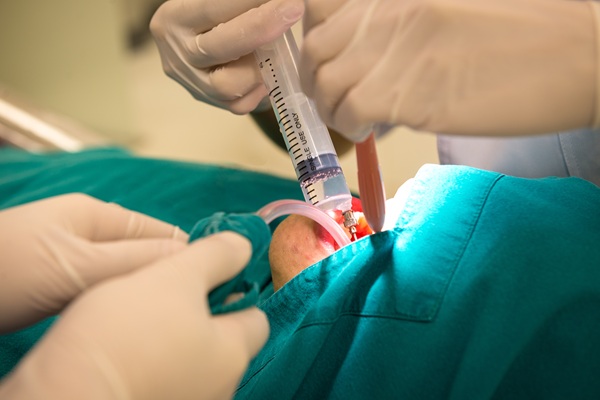3 Common Oral Surgery Procedures

When a family dentist discusses oral surgery, some patients experience dread and anxiety about the cost and pain of such procedures. Read on to learn more about oral surgery. Many patients are unaware that dental surgery is common and involves treatments that address problems that affect many individuals. Dental surgery is often performed as an outpatient operation, and patients may return to regular activities within a few days.
3 Commonly performed oral surgery procedures
The most frequent kinds of oral surgery are treatments that are so common that many people do not think of them as dental surgery. They include:
1. Root canal treatment
The most frequently performed oral surgery is perhaps a root canal treatment. Every year, millions of teeth are treated, sparing many from extraction and alleviating pain and sensitivity. Root canals are usually painless and very efficient in relieving pain.
The dental pulp lies underneath a tooth's enamel and contains blood vessels and nerve endings. Bacteria penetrate the tooth when it is decaying and destroy the pulp. Tooth discomfort, swelling, and possible neck or jaw pain are all symptoms of infected pulp. A dentist can treat this by removing the infected pulp and the decaying part of the tooth via a root canal procedure.
2. Dental implants
A dental implant is a replacement for a tooth's roots. The process involves using titanium posts to attach crowns to the jawbone. These metals are chosen because they are light and biocompatible, meaning they integrate well with body tissues. Dental implants are used to replace teeth that have been lost due to factors such as decay, infection, oral cancer, and poor oral hygiene habits.
Dental implants are a more involved procedure because the bone must fuse correctly with the metal post before the replacement tooth can be installed. The integration process can take between three to six months, after which the dentist will attach a dental restoration such as a crown or bridge to finish the procedure.
3. Wisdom tooth extraction
Wisdom teeth are the third molars, which typically appear between the ages of 17 and 25. Wisdom teeth that do not have enough space to develop may become impacted, causing discomfort, mouth infections, and other dental issues. Even if impacted teeth are not problematic, dentists often recommend wisdom tooth removal as a preventive measure.
The extraction of wisdom teeth is an outpatient treatment and requires some time for recovery. The wisdom teeth are extracted via surgical incisions, and the extraction site is stitched up afterward to ensure healing. To prevent excessive bleeding or blood clots, it is critical to follow the dentist's instructions during the healing process.
The bottom line
Whether you need minor restorative oral surgery or significant dental treatment, your family dentist should be a major part of your oral health journey. Taking a proactive approach to your oral health may help you avoid tooth loss and major oral surgery.
Request an appointment here: https://eicondental.com or call Eicon Dental Care at (480) 422-4368 for an appointment in our Tempe office.
Check out what others are saying about our dental services on Yelp: Oral Surgery in Tempe, AZ.
Related Posts
A full mouth reconstruction rebuilds the bite, teeth, and gum health to restore comfortable function and appearance. Patients consider full mouth reconstruction when multiple teeth suffer from decay, fractures, wear, or loss. The process combines restorative and cosmetic dentistry to improve chewing, speech, and jaw balance. Because the mouth works as a system, addressing several…
Maintaining good oral health is more than brushing and flossing every day. Regular dental cleanings are essential in keeping teeth and gums healthy. Skipping these appointments can lead to plaque and tartar build-up, cavities, gum disease, and other oral health issues.Dental cleanings prevent the build-up of plaque and tartar. Plaque is a sticky film of…
There is nothing like the feeling of a clean smile after a dental cleaning. However, these routine visits are not enough to maintain your oral health. Between dental cleanings, your daily oral hygiene is essential to protect your oral health. By incorporating the following five practices into your routine, you can keep your teeth strong,…
Wondering whether you really need to go to the dentist for dental cleanings? Read on to learn more. Caring for your teeth and keeping them healthy takes work and dedication. Your smile will look and feel great after a dental cleaning. However, while visiting a dentist for dental cleaning is important, you should also maintain…